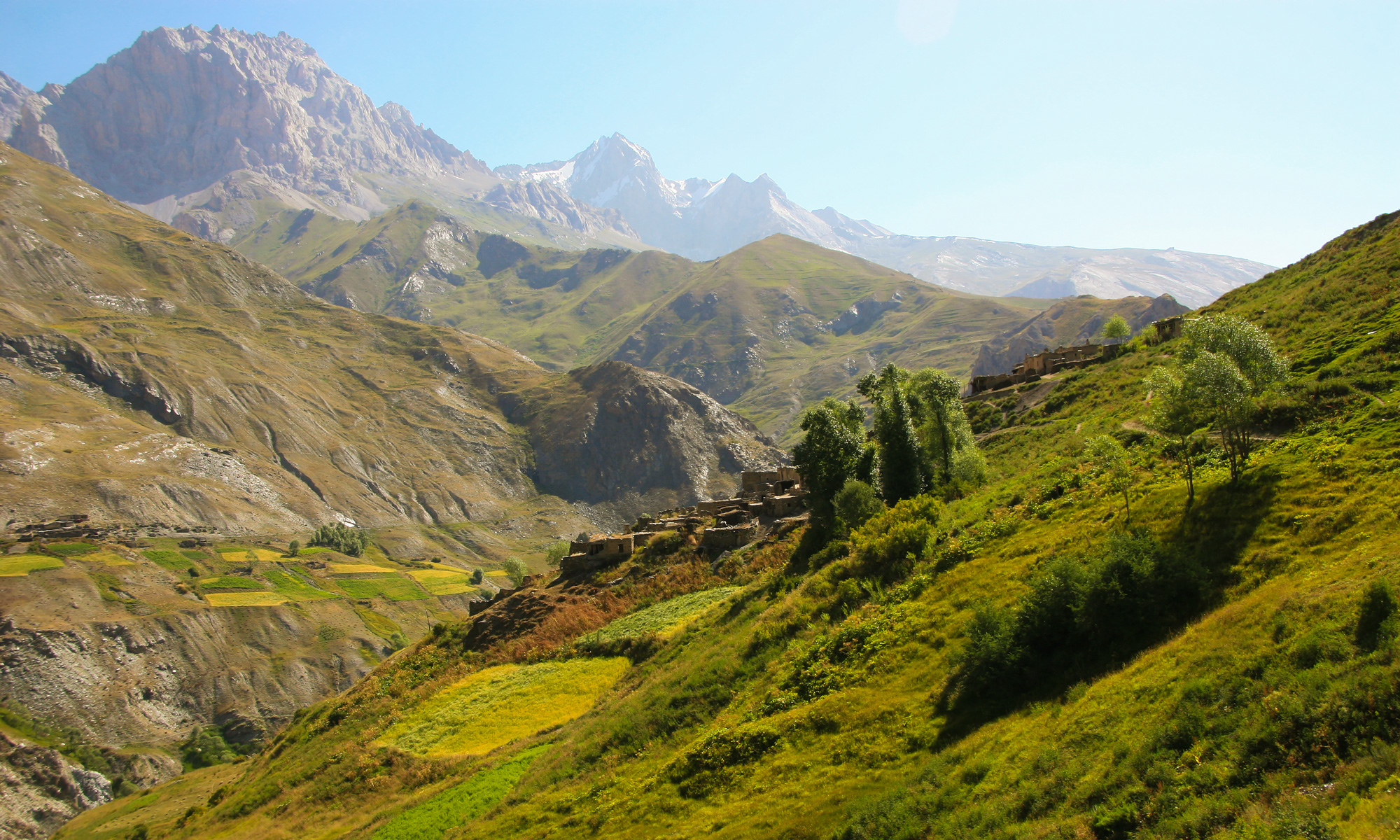“We have TV, we have cars — but what does it matter if you can’t build a life here?”
Musharif was born in Yagnob but grew up in exile. He has returned twice — once with his father, and once with his older brother — but each return was met with the same internal question: Should I stay?
The landscape of the Yagnob Valley is majestic, but for Musharif, it also feels like a trap. “There’s nothing here except mountains,” he says, his words tinged with both reverence and resignation. “Snow for months, no schools, no work. How can we raise children in this?”
He isn’t alone. Among younger returnees, there’s a growing tension between honoring their parents’ dream of return and building a viable future for themselves. For Musharif, Yagnob is his heritage — but it may not be his home.
“My father sees it with his heart. I have to see it with my eyes.”
His father and brother remain committed to the valley, viewing it as a place of spiritual and cultural redemption. But for Musharif, the struggle is more practical: lack of infrastructure, no stable income, limited access to education for his children. It’s a portrait of modernization colliding with tradition, where the cost of preservation is opportunity.
And yet, he hasn’t fully left. Something still pulls him back — the mountains, the soil, the buried memories of his early childhood. But unlike the generations before him, Musharif doesn’t see identity as something rooted only in place.
“I’m Yaghnobi, but I have to make choices for the future too. Maybe my children won’t come back — and that’s okay.”
His story reflects a deep intergenerational dilemma now shaping the valley: how to balance the weight of memory with the urgency of survival.
